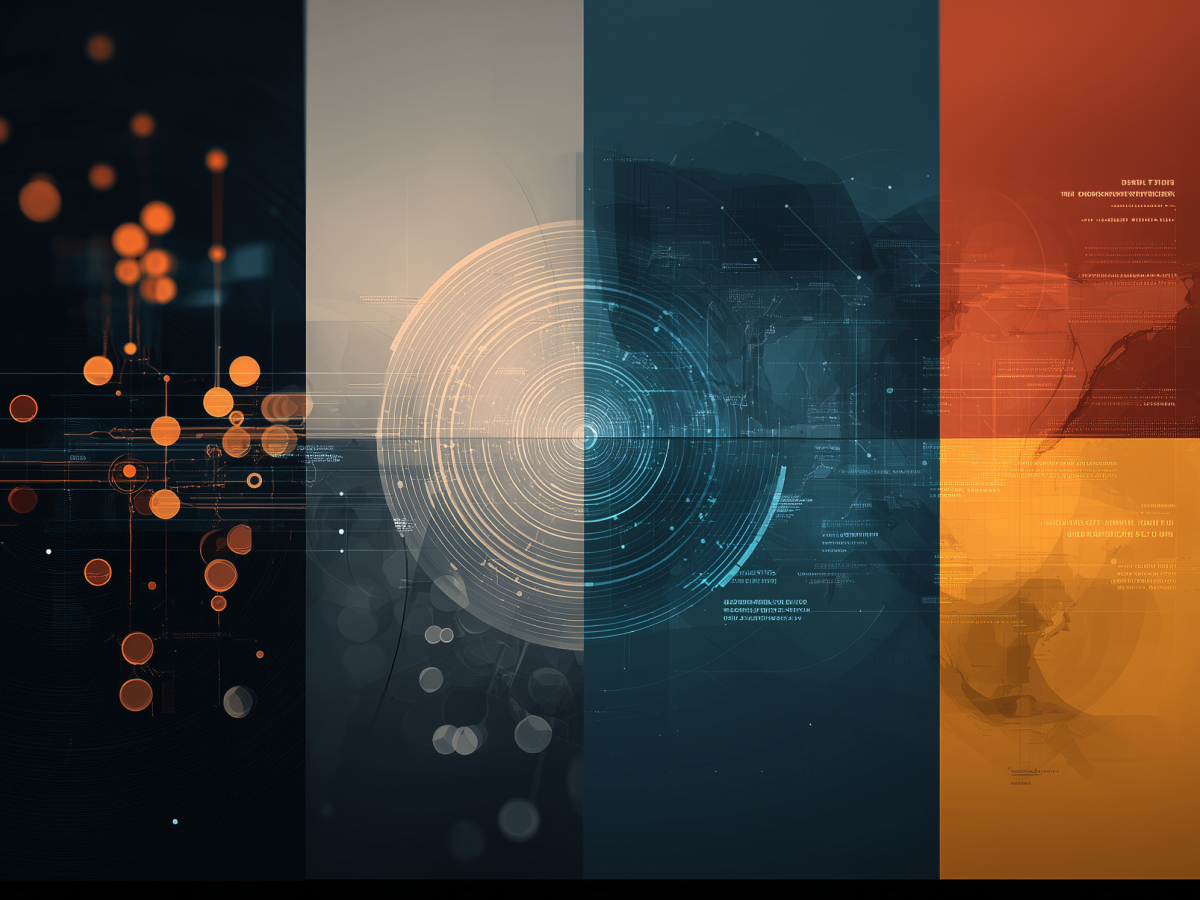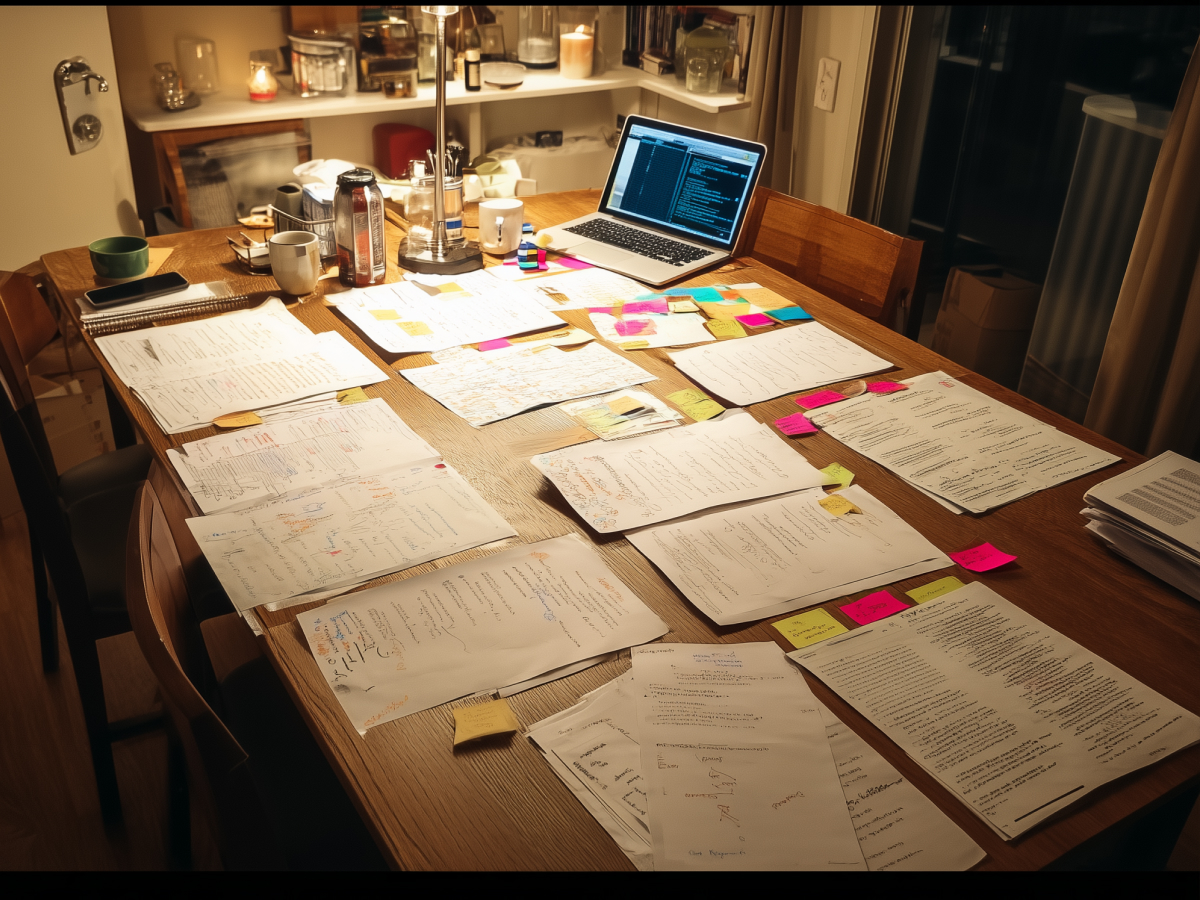GenAI tools are most beneficial for experienced developers
GenAI coding assistants, like GitHub Copilot, are disrupting how experienced developers approach software creation. Let’s be honest, while these tools are impressive, their real power lies in the hands of those who know how to wield them. For seasoned engineers, AI tools eliminate mundane, repetitive tasks and let them focus on what they do best: solving complex problems and building innovative solutions.
Consider this: developers using GitHub Copilot report a 12%-15% increase in contributions to repositories weekly. That’s a measurable shift in productivity, though it’s not only focused on churning out more lines of code. Senior developers know the secret: AI suggestions are starting points, not final answers. They scrutinize every line, tweak edge cases, and refactor the code into something maintainable and scalable.
Addy Osmani, an engineering leader at Google Chrome, nails it when he says AI tools amplify expertise, not replace it. A senior engineer can turn an AI-generated scaffold into a fully functional feature in minutes because they know how to refine and adapt the output. For teams looking to accelerate innovation without sacrificing quality, investing in experienced developers is the key to unlocking AI’s potential.
AI tools can reinforce poor coding habits
While generative AI is a boon for experts, it’s a potential block for junior developers. AI coding assistants are fast, but speed without understanding can lead to disaster. Juniors often lack the foundational skills to critically evaluate AI outputs, and here’s where things go sideways. Instead of building reliable, maintainable code, they get stuck in an endless loop of patching one issue only to create two more.
Charity Majors, CTO of Honeycomb, points out that AI doesn’t teach you how to manage, debug, or operate complex codebases. For juniors, these tools can feel like a crutch, but in reality, they can erode the foundational skills every developer needs—problem-solving, debugging, and architectural thinking.
Addy Osmani also warns against over-reliance on AI at this stage. Debugging skills and the ability to spot subtle errors take years to develop. Without them, juniors risk creating code that’s brittle, messy, and difficult to scale. For organizations, this is a wake-up call: don’t let AI replace the learning curve. Instead, use it as a teaching tool, with experienced mentors guiding juniors to build the skills they’ll need to lead future projects.
Treat AI tools like high-functioning interns
AI coding assistants are brilliant, if you know how to manage them. Think of them as overenthusiastic interns: they can deliver output quickly, but they need oversight. The moment you leave them unsupervised, things can spiral.
Here’s how smart teams manage this dynamic:
- First drafts only: Let AI generate an initial draft, but treat it as raw material. Every line should be reviewed and refined by a developer who knows what they’re doing.
- Keep it narrow: Assign AI to well-defined, small-scale tasks. This limits the fallout if something goes wrong.
- Trust-but-verify: AI tools are not a substitute for your own judgment. Developers need to evaluate the output critically before moving forward.
Addy Osmani has seen this approach succeed on teams across industries. Starting small minimizes risks. Staying modular makes sure any AI-created issues don’t cascade into larger problems. And most importantly, experienced developers bring judgment and expertise to the table. AI can accelerate coding, but the human brain is still the engine that powers innovation.
Experience remains irreplaceable in software development
No matter how advanced AI tools get, there’s one truth that remains unshaken: experience can’t be automated. Amazon CEO Andy Jassy puts it perfectly: “There is no compression algorithm for experience.”
AI tools are impressive, but they’re only as good as the person guiding them. Years of debugging, problem-solving, and system design give senior developers the ability to spot issues an AI might miss. Focus on understanding how the pieces fit together to create something robust, scalable, and maintainable.
For businesses, this means that the best investment is in people who know how to use the tools. AI can augment workflows, making experienced developers more productive, but it doesn’t replace judgment, creativity, or leadership. If you’re in the C-suite, think of it like this: AI is a tool, not a strategy. Your team’s expertise is what drives success, and no algorithm can replace that.
Final thoughts
Are your teams ready and able to use AI wisely? Are you empowering your most experienced developers to leverage its full potential, or are you letting the tool dictate the outcome? How you integrate AI into your workflow today could define your brand’s edge in the market tomorrow.




